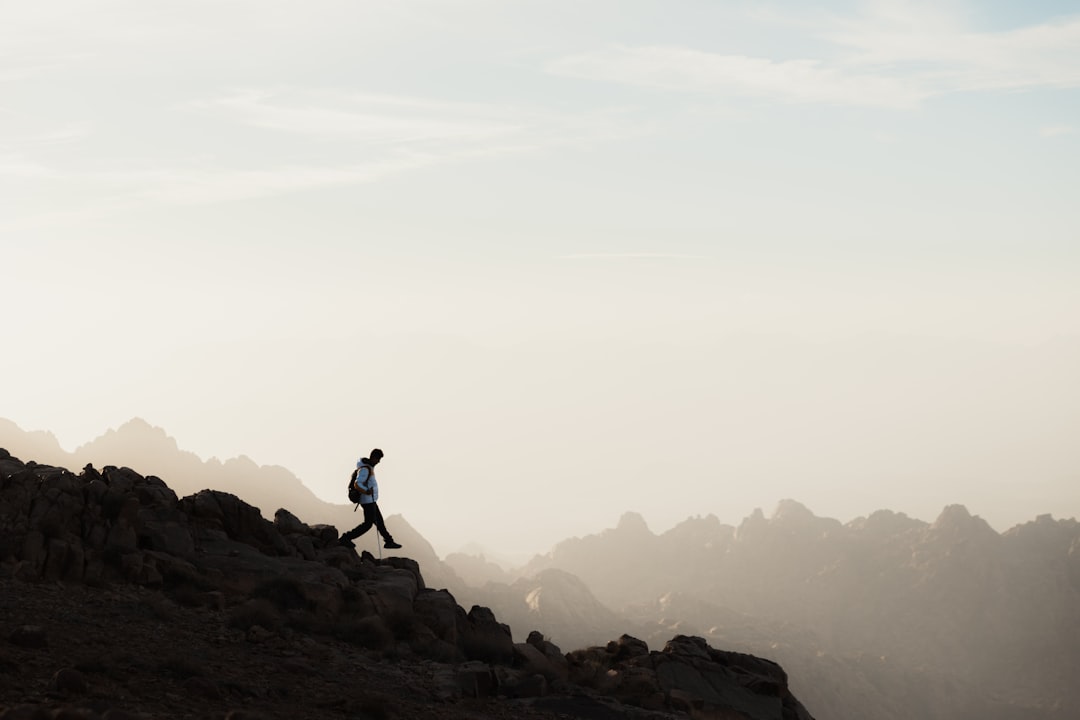
Essential Tips for First-Time Travelers: Navigating Your Journey with Confidence.
# Introduction. Traveling for the first time can be both thrilling and overwhelming. As you stand at the threshold of a new adventure, you may be filled with a combination of excitement and anxiety. Whether you are planning a solo journey, a family vacation, or a romantic getaway, having the right tools and knowledge can make your travel experience enjoyable and stress-free. In this blog post, we’ll explore essential tips for first-time travelers to ensure that you embark on your journey well-prepared and ready to immerse yourself in new experiences. # Research Your Destination Thoroughly. One of the most critical steps in preparing for your trip is to do thorough research about your destination. Understanding the local culture, language, customs, and even laws can save you from potential pitfalls. Familiarize yourself with the following aspects: - **Local Languages:** Knowing basic phrases in the local language can enhance your interactions and make you feel more at home. Learn greetings, thank you, and essential question phrases. - **Cultural Etiquette:** Each destination has its unique customs and traditions. Knowing do’s and don’ts will help you avoid unintentional offenses. Take time to learn about dining etiquette, dress codes, and communication styles. - **Local Laws:** Be aware of local laws and regulations, especially regarding drug use, alcohol consumption, and public behavior. This knowledge can help prevent misunderstandings with local authorities. # Create a Budget and Stick to It. Financial planning is crucial for any trip. Before you embark, create a detailed travel budget that includes accommodations, transportation, food, activities, and emergency funds. Here are some tips for budget management: - **Research Costs:** Understand the average costs of living in your destination. Use travel websites and apps to estimate your expenses if you want to dine and stay out or indulge in activities. - **Automatic Alerts:** Set up alerts for flight deals, hotel discounts, and itinerary changes. This can lead you to great savings, allowing you to allocate more budget for experiences and activities. - **Cash vs. Card:** Decide on a balance between using cash and credit/debit cards during your travels. Carry some local currency for small purchases, but cards can be more secure and convenient for bigger expenses. # Pack Smartly for Flexibility and Comfort. Packing for your first trip requires a balance between preparedness and practicality. Overpacking can be cumbersome and underpacking can leave you in a bind. Here’s how to make your packing more efficient: - **Versatile Clothing:** Opt for clothing that can be mixed and matched easily. Lightweight layers are ideal for varying climates, and don’t forget a comfortable pair of shoes for walking. - **Travel-size Toiletries:** Invest in travel-size containers for toiletries to save space and comply with airline regulations if flying. However, check if your accommodation offers complimentary toiletries to lighten your load. - **Travel Essentials:** Essential items such as a power bank, travel guide, adapter, and first aid kit can be game-changers. Check off your items as you pack to prevent leaving anything essential behind. # Make Copies of Important Documents. In the world of travel, it is always wise to prepare for the unexpected. Make copies of crucial travel documents such as: - **Passports and ID:** Keep copies of your passport, national ID, and any necessary visas both digitally and physically separate from the originals. - **Travel Insurance Information:** Document your travel insurance policy details, including contact information and coverage specifics, to ensure easy access in case of emergencies. - **Itinerary and Bookings:** Keep copies of your itinerary, accommodation, and confirmation emails organized. This will help you stay on track and serve as backup in case technology fails. # Stay Connected but Unplugged. In our digitally connected world, maintaining access to communication can be comforting. Yet, it’s also essential to experience your destination fully. Here are some tips: - **Local SIM or Wi-Fi:** Consider getting a local SIM card or using portable Wi-Fi hotspots to avoid exorbitant roaming charges. It will allow you to navigate and stay connected without hindering your experience. - **Unplug to Engage:** While it’s tempting to document every moment on social media, take time to unplug and engage with your surroundings. Try to have at least a few hours a day where you put down your phone and observe the world around you. # Conclusion. Traveling for the first time is an enriching experience that offers the chance to explore, learn, and grow. By preparing thoroughly, budgeting wisely, packing smartly, safeguarding your documents, and striking a balance between connectivity and engagement, you can ensure a smoother journey. Embrace the adventure with an open heart and mind, as the world is full of experiences waiting to be discovered. Happy travels! .







